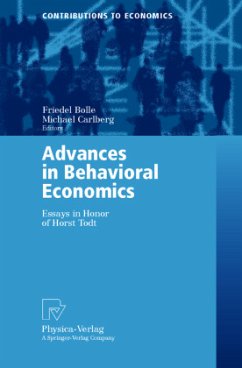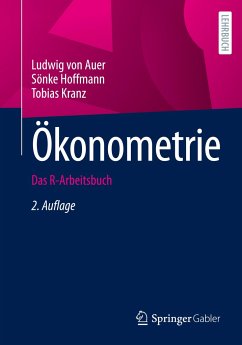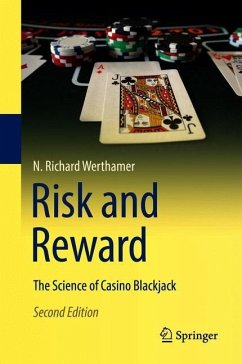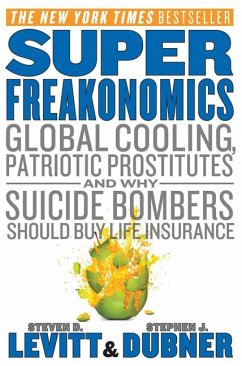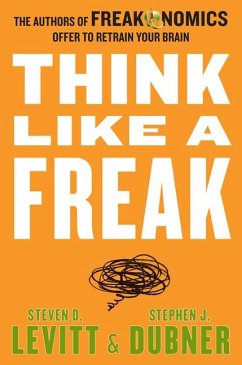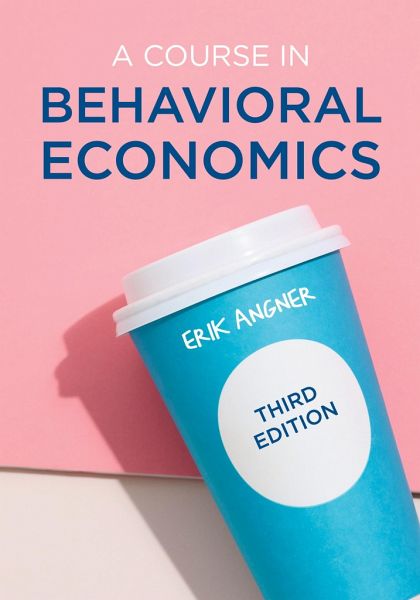
A Course in Behavioral Economics
Versandkostenfrei!
Versandfertig in 2-4 Wochen
67,99 €
inkl. MwSt.
Weitere Ausgaben:

PAYBACK Punkte
34 °P sammeln!
This textbook looks at decisions - how we make them, and what makes them good or bad. In this bestselling introduction, Erik Angner clearly lays out the theory of behavioral economics and explains the intuitions behind it. The book offers a rich tapestry of examples, exercises, and problems drawn from fields such as economics, management, marketing, political science, and public policy. It shows how to apply the principles of behavioral economics to improve your life and work - and to make the world a better place to boot. No advanced mathematics is required. This is an ideal textbook for stud...
This textbook looks at decisions - how we make them, and what makes them good or bad. In this bestselling introduction, Erik Angner clearly lays out the theory of behavioral economics and explains the intuitions behind it. The book offers a rich tapestry of examples, exercises, and problems drawn from fields such as economics, management, marketing, political science, and public policy. It shows how to apply the principles of behavioral economics to improve your life and work - and to make the world a better place to boot. No advanced mathematics is required. This is an ideal textbook for students coming to behavioral economics from various fields. It can be used on its own in introductory courses, or in combination with other texts at advanced undergraduate and postgraduate levels. It is equally suitable for general readers who have been captivated by popular-science books on behavioral economics and want to know more about this intriguing subject.





